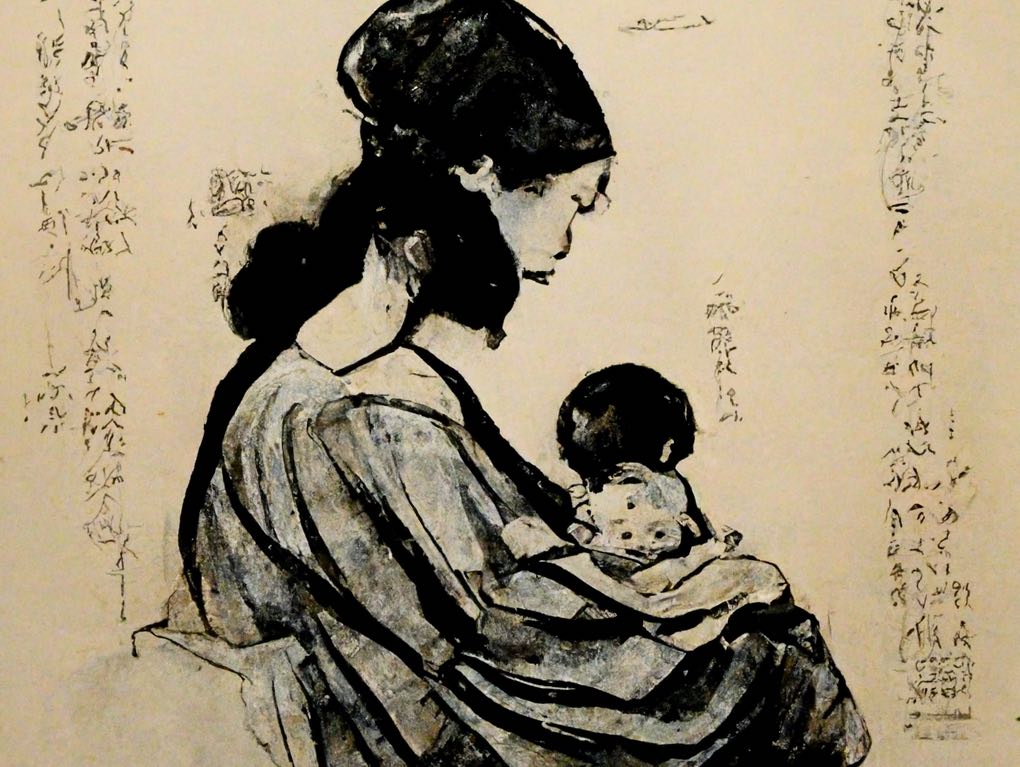Obsessive-compulsive disorder (OCD) is a mental disorder in which people have unwanted and repeated thoughts, feelings, images, or sensations (obsessions) that make them feel driven to do something (compulsions).
Postpartum OCD is a type of anxiety disorder that can develop after the birth of a baby. It is marked by obsessive and intrusive thoughts about the health and safety of the baby, as well as excessive worrying about the mother’s own health and well-being. Postpartum OCD can interfere with the bond between mother and child, and can make it difficult to care for the baby. Treatment for postpartum OCD usually involves cognitive-behavioral therapy and medication.
How does it feel to suffer from Postpartum OCD?
It took me a long time to accept that I have postpartum OCD. I didn’t want to believe that something was wrong with me, but I couldn’t deny that my thoughts and behaviors were increasingly becoming obsessional and intrusive.
I was constantly worried about my daughter’s safety and health, to the point where I was checking her breathing and heartbeat constantly. I was also afraid of harming her in some way, even though I would never dream of actually doing anything to hurt her. I was exhausted from lack of sleep and my anxiety was through the roof. I finally reached out for help and was diagnosed with postpartum OCD. I started medication and therapy and slowly but surely I started to feel better. It’s been a long road but I am grateful to be on the other side of it.
Paula F
After the baby is born, the new mother is going through a lot of changes. She is sleep deprived, hormonal, and may be experiencing some postpartum depression. On top of all of that, she now has a tiny human being that is completely dependent on her. It is a lot of responsibility and can be very overwhelming. For some women, this can trigger OCD symptoms.
This can obviously put a lot of stress on the relationship between the parent and the child. It can also affect other relationships within the family, as the OCD can become all-consuming.
When our son Ryan was born, my wife developed postpartum OCD. She was constantly worried about him becoming sick or being hurt. She would check on him dozens of times a night, to make sure he was breathing.
This type of OCD can be very debilitating for a young family. It can make it difficult to get out and do things as a family, and can cause a lot of stress and anxiety.
Adam
Postpartum OCD: common themes
Postpartum OCD can occur after the birth of a child. It is characterized by obsessions and/or compulsions related to the fear of harming oneself or one’s child. Common themes include fears of:
- harming the baby through shaking, dropping, or accidentally stabbing them with a kitchen knife
- contamination from germs or illness
- losing control and hurting oneself or someone else
OCD can be a very disabling condition, causing significant impairment in work, school, and other areas of functioning. For women with postpartum OCD, the fear of harming their baby can be all-consuming, making it difficult to care for their child.
